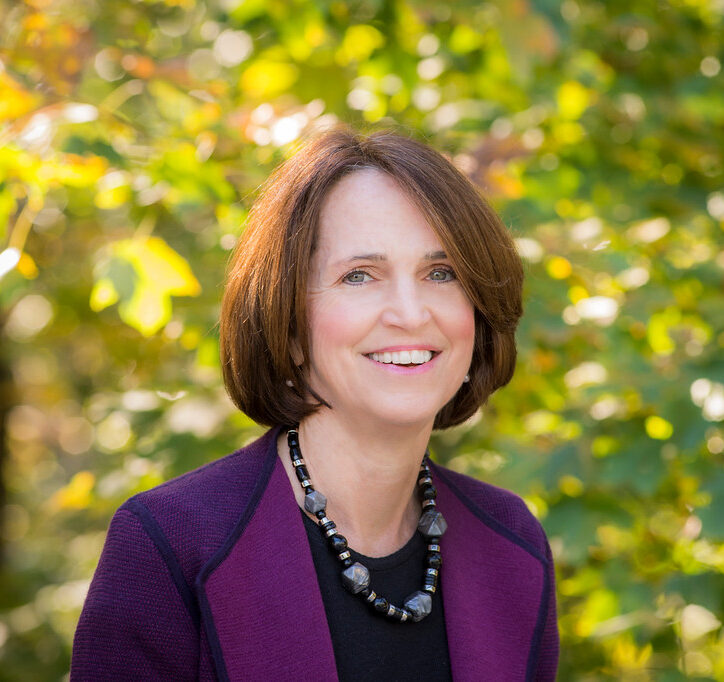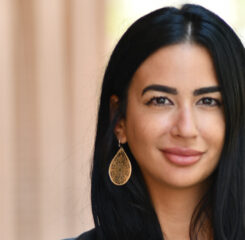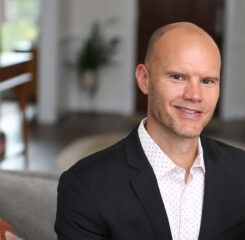How Can We Support Century-Long Lives?
Imagine you’ve been given a wonderful gift: 30 extra years of life. What would you do with those years?
According to Dr. Laura Carstensen, founding director of the Center on Longevity at Stanford University, most of us don’t have a clue how to answer that question.
That’s troubling, given the fact that the question is far from hypothetical. People living today have already received the gift of a “super-sized life.” Our average lifespan was only 35 in the 19th century. Today, the average American can expect to reach 78, and a growing number of us are living well into our 80s and 90s. An estimated one million Americans will be centenarians by 2050.
All of this is good news, but it is news that comes with challenges. As Dr. Carstensen will explain during her March 28 keynote address at the LeadingAge Leadership Summit, our culture hasn’t yet caught up with our lifespan. Because that culture focuses more on the beginning of life than the end of life, we don’t yet know how to navigate our way through old age. As a result, our society is clearly not prepared for the time, barely 10 years hence, when more Americans will be over 65 than under 15.
So, what’s the answer? Dr. Carstensen has many ideas—and I assure you, they are all provocative.
It’s time to reinvent old age, she writes in A Long Bright Future. We can only do that by writing a new story about longevity—one that focuses not on “old age,” but on “long life.” Then, we must take steps, together and individually, to ensure that the entire lifespan, including old age, is marked by physical fitness, mental sharpness, functional independence, and financial security for all Americans.
That’s a tall order.
Reaching this goal will require re-imagining the role that work plays in our lives and rethinking the outdated notion that meaningful work must end at age 65. It will require that we develop a new appreciation for life-long learning, pay more attention to the health impacts of social isolation, modify our living environments so they support long life, strengthen our government network of social supports, and reduce age segregation so children get to know older people as role models for living. And that’s only a few of Dr. Carstensen’s ideas.
Rewriting our culture’s longevity script would have a unifying effect on our society. Instead of separating ourselves into life stages with specific tasks—the young study, the middle-aged work, and the old rest or volunteer—Dr. Carstensen suggests that we spread out all these activities across the lifespan. That way, we can all enjoy learning, work, rest, and engagement—and their associated benefits for our health and well-being—at every stage of our lives. She calls this effort “the greatest social revolution the baby boom generation ever faced.”
I’m excited and intrigued at the possibility of rewriting our longevity script. And I think providers of aging services have a valuable role to play in this social revolution.
But first we need to look deeply at our systems of services and supports and ask hard questions. Are we perpetuating an age-segregated approach to longevity? Or are we offering opportunities for current and future residents and clients to break out of that outdated model?
How can our organizations help older adults tap into the rewards of learning, work, rest, community engagement, and intergenerational relationships? How can we help them maintain physical fitness, mental sharpness, functional independence, and financial security? And, for that matter, how can we help ourselves, our employees, and other stakeholders achieve the same goals throughout our lives and into old age?
These are important questions that won’t be easy to answer. I’m looking forward to hearing from Dr. Carstensen on March 28 and gaining valuable insights into how we might all work together to lay the groundwork for a culture that supports century-long lives.

Most Recommended
October 15, 2025
 Shutdown Week Three: Impact of Ongoing Closure on Affordable Housing
Shutdown Week Three: Impact of Ongoing Closure on Affordable Housing
February 03, 2026
Fiscal Year (FY) Funding 2026
October 07, 2025
Immigrant Workforce Matching Program Brings Workforce Relief
Recently Added
February 13, 2026
Redefining Memory Care Engagement: New CAST Case Study
February 13, 2026
Prioritizing User-Informed App Design
February 13, 2026
CAST Members in the News
February 13, 2026



